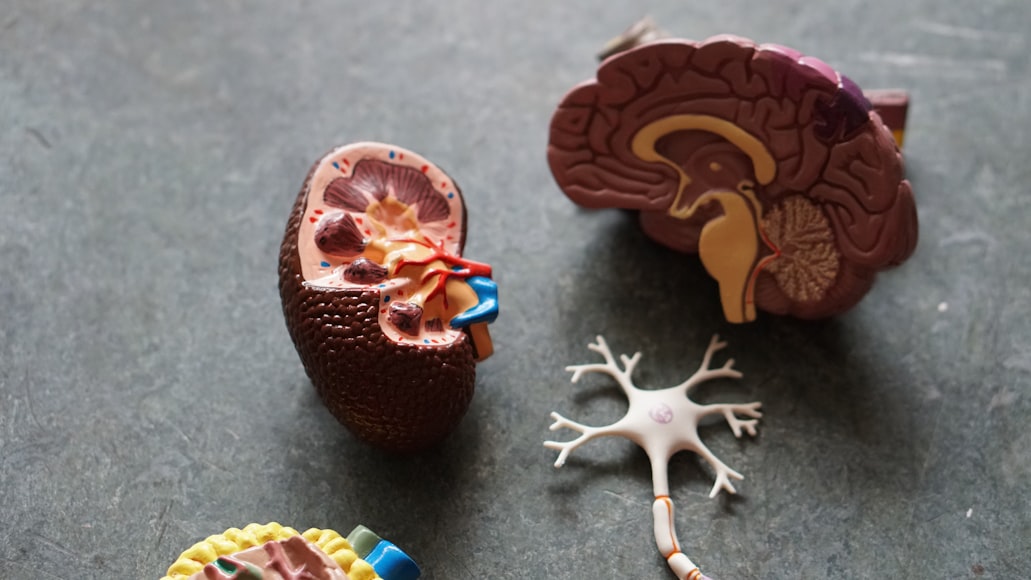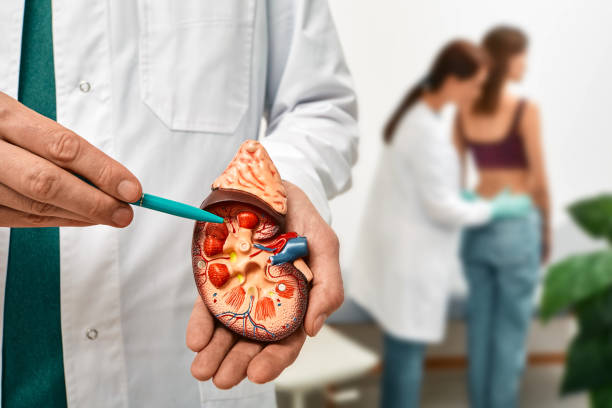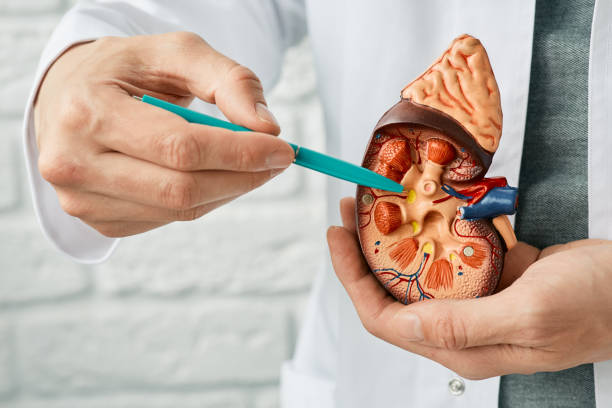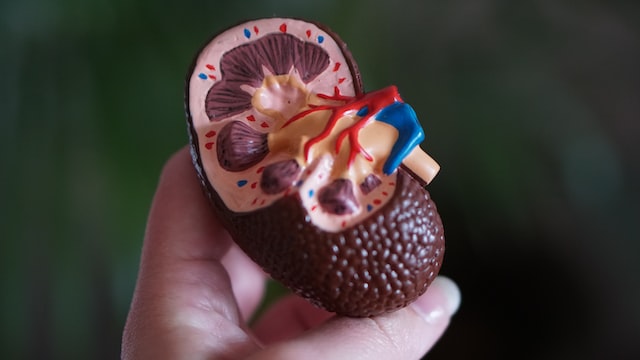Many of us don’t realize that some of the everyday habits we have can have a major impact on our health, particularly on our kidneys. Most people think of kidney disease as something that only affects older people, but it’s important to understand that the health of your kidneys can be affected at any age. That’s why it’s essential to be aware of the common daily habits that can slowly and silently damage your kidneys. In this blog post, we’ll explore 10 everyday habits that can be secretly harming your kidneys.
1) Eating Too Much Protein

Consuming large amounts of protein can be detrimental to your kidneys. Eating too much protein can cause the body to produce high levels of waste, which can place a burden on the kidneys and lead to kidney disease. It’s important to consume a balanced diet with the right amount of protein and other nutrients.
2) Not Drinking Enough Water
Staying hydrated is essential for healthy kidneys. Make sure you’re drinking enough water throughout the day, as dehydration can lead to kidney problems and other health issues. However, drinking too much water can also be harmful to your kidneys. So, find a balance that works for you and stick with it.
3) Taking Too Much Ibuprofen

Ibuprofen is a common over-the-counter pain reliever that is used to treat minor aches and pains, but taking too much of it can cause serious damage to your kidneys. Prolonged use of ibuprofen can increase the risk of kidney failure and other kidney-related diseases. To minimize the risk of damaging your kidneys, limit your intake of ibuprofen and only take it as directed by your doctor.
4) Not Getting Enough Sleep
Lack of sleep can put a strain on your kidneys and lead to long-term health problems. Make sure to get at least 7-8 hours of restful sleep each night. If you have trouble sleeping, try a warm bath, reading a book, or listening to calming music before bed. You can also try using a sound machine or light-blocking curtains to create a restful environment for sleep.
5) Eating Too Much Salt

Salt is necessary to maintain the balance of fluids in the body, but too much can lead to an accumulation of sodium in the bloodstream, which can put stress on the kidneys and increase blood pressure. Limit your intake of salty foods such as chips and canned soup.
6) Consuming Too Much Sugar
Too much sugar can lead to weight gain, diabetes, and other issues that can put stress on the kidneys. Limit your daily intake of added sugars to help keep your kidneys healthy. Replace sugary snacks with fresh fruits and vegetables for a healthier option. Additionally, watch out for hidden sugars in foods such as cereals, yogurt, and condiments.
7) Not Exercising Enough

Staying active is important for overall health, and that includes your kidneys. Not exercising enough can lead to an increase in blood pressure, which can damage the kidneys over time. Even just walking for 30 minutes a day can help keep your kidneys healthy. You don’t have to be a marathon runner or a gym rat to stay healthy. Even small amounts of activity can make a big difference.
8) Smoking
Smoking has a damaging effect on the kidneys and can increase risk of chronic kidney disease. The toxic chemicals in cigarettes damage the cells of the kidneys, reducing their ability to filter out toxins and waste. Avoid smoking to reduce your risk of kidney damage.
9) Drinking Too Much Alcohol

Toxins can be found in our environment, food, and even everyday products. Long-term exposure to toxins can damage the kidneys by blocking essential filtration and damaging the cells that filter waste from the body. It’s important to limit exposure to toxins as much as possible.
10) Exposure to Toxins
Toxins are everywhere in our environment, and can have a negative effect on our kidneys. Exposure to certain toxins, such as lead and arsenic, can damage our kidneys over time. To reduce your risk of kidney damage, limit your exposure to these toxic substances by wearing protective gear, such as gloves and masks, when working with hazardous materials.

